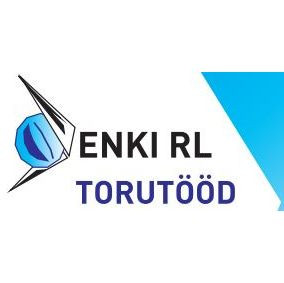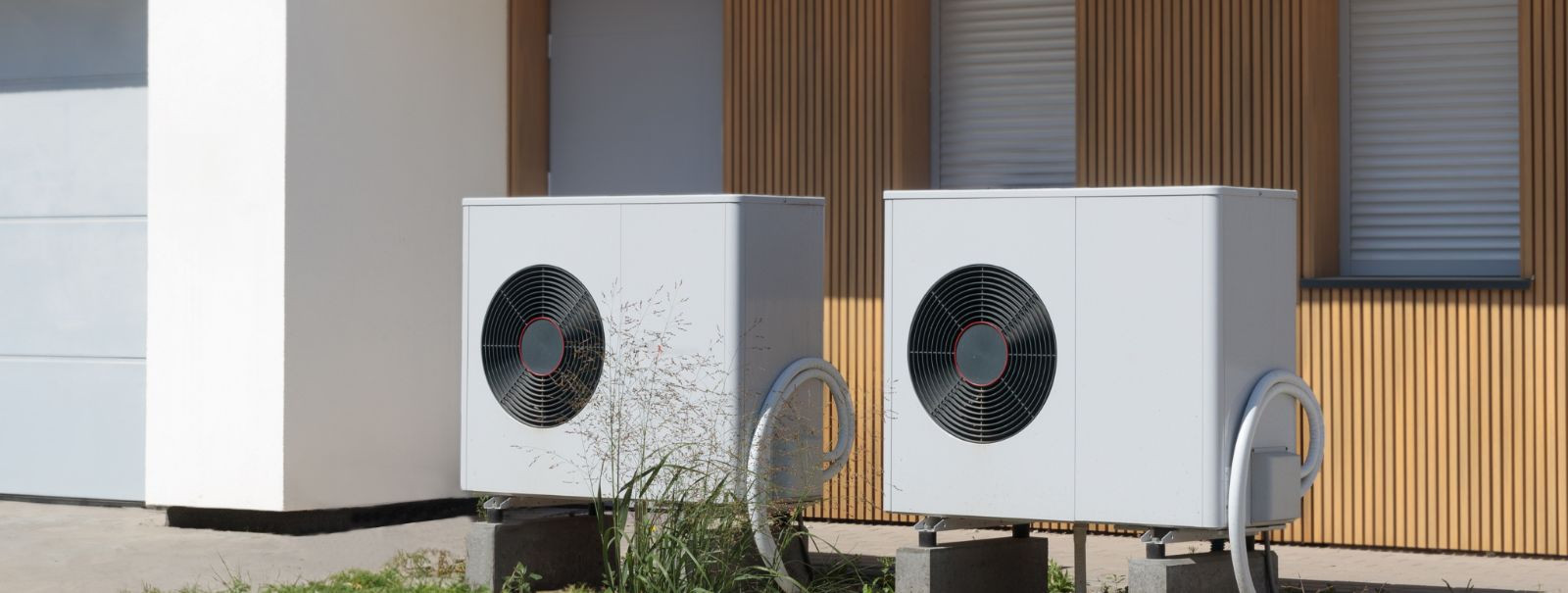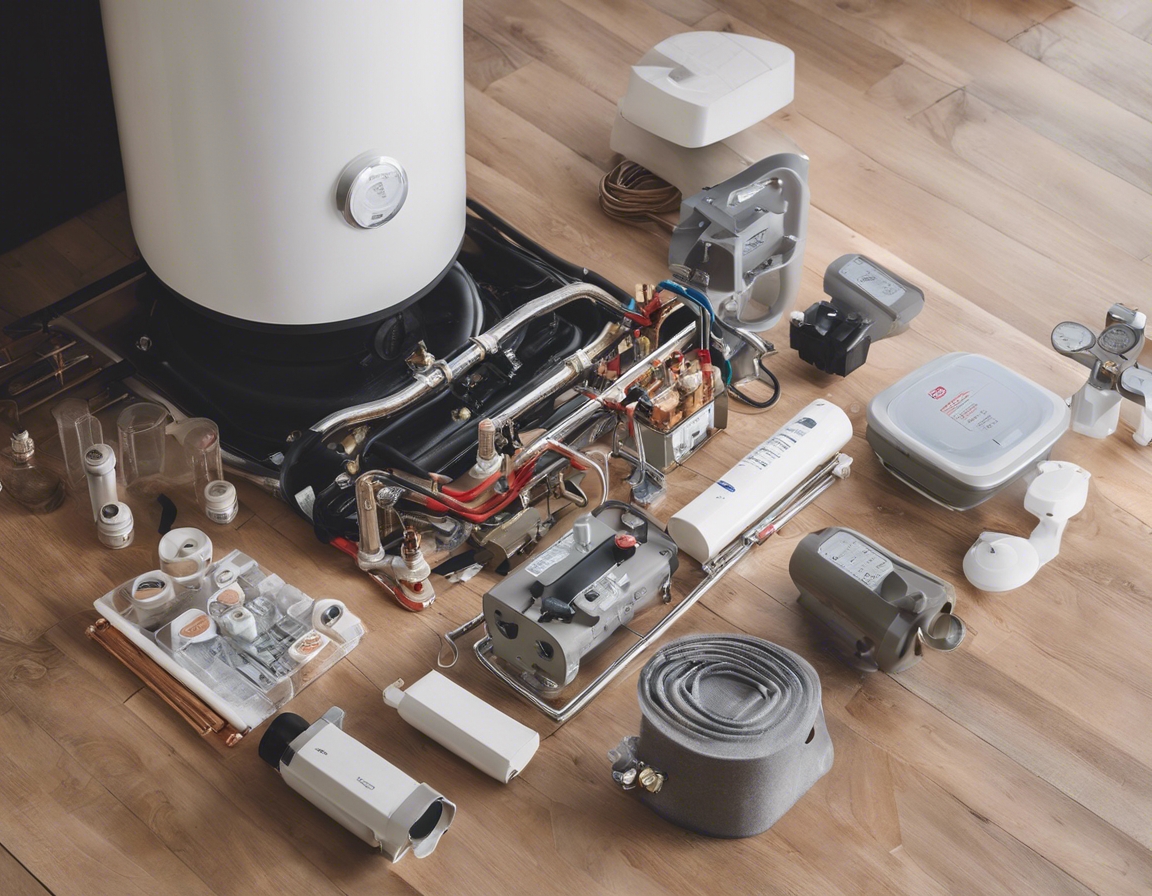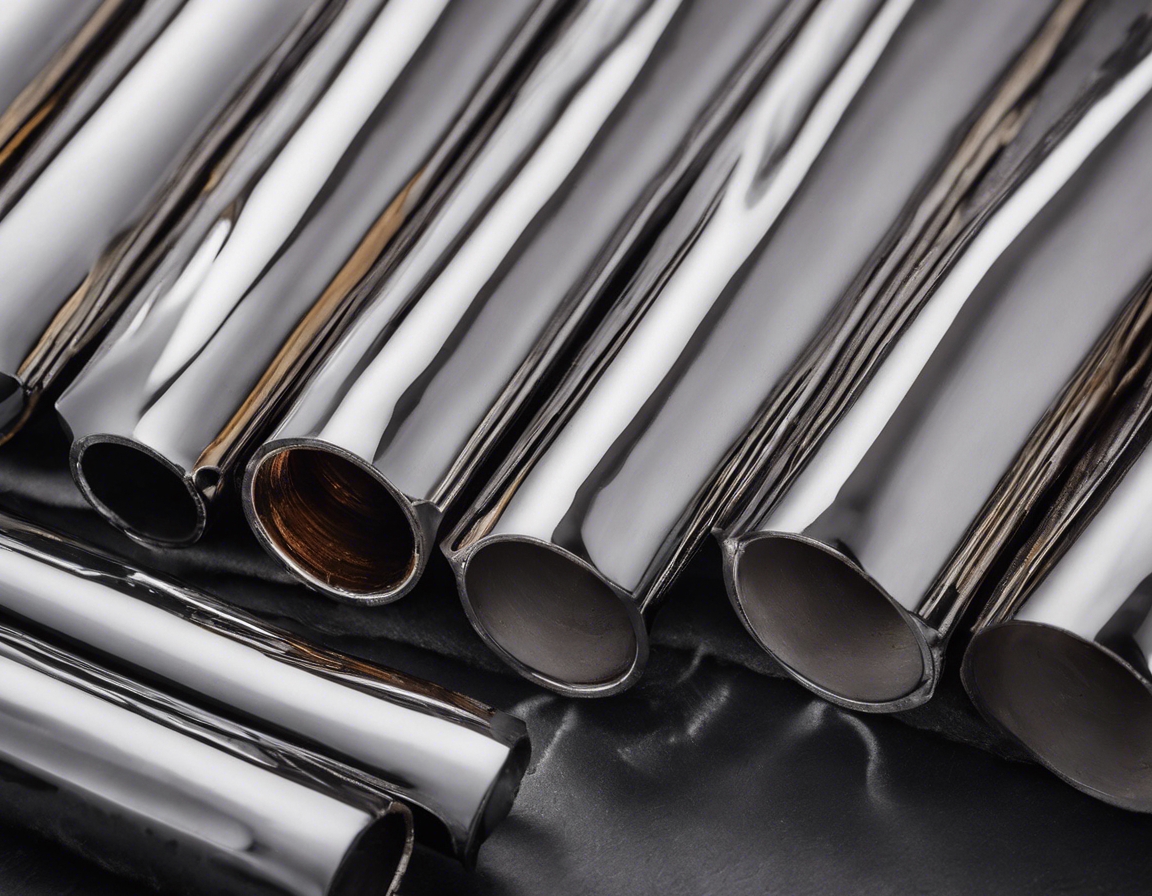5 ways to reduce your heating bill with advanced pumps
As energy costs continue to rise, homeowners and businesses are constantly looking for ways to reduce their heating bills. Advanced pump technology has emerged as a key player in the quest for energy efficiency. In this post, we'll explore five innovative pump solutions that can significantly lower your heating expenses.
1. Variable Speed Pumps
Variable speed pumps adjust their flow rate to meet heating demand, which means they consume less energy than traditional fixed-speed pumps. By operating at lower speeds for the majority of the time, they reduce electricity usage and extend their lifespan.
These pumps can lead to energy savings of up to 70% compared to conventional pumps. They also provide improved comfort by maintaining a more consistent temperature and reducing noise levels.
2. Smart Pump Technology
Smart pumps can be integrated with home automation systems, allowing for precise control over your heating system. This integration enables the pump to operate based on real-time data, such as occupancy and weather forecasts, optimizing energy use.
With smart pumps, you can achieve up to a 30% reduction in energy consumption. They adapt to the heating load and can be remotely controlled, offering convenience and efficiency.
3. High-Efficiency Circulator Pumps
High-efficiency circulator pumps are designed to use less energy than standard pumps. They often feature ECM (Electronically Commutated Motor) technology, which is significantly more efficient than traditional motors.
While the initial investment for a high-efficiency pump may be higher, the energy savings over time can offset the cost. These pumps can save up to 80% in energy compared to standard models.
4. Ground Source Heat Pumps
Ground source heat pumps (GSHPs) use the stable temperature of the ground to heat and cool buildings. They are one of the most energy-efficient heating and cooling systems available.
GSHPs can reduce energy consumption by up to 50% compared to conventional systems. They are also environmentally friendly, reducing greenhouse gas emissions and reliance on fossil fuels.
5. Solar-Assisted Heat Pumps
Solar-assisted heat pumps use solar energy to increase efficiency. During sunny periods, the solar panels provide additional energy to the pump, reducing the amount of electricity needed from the grid.
While the upfront cost is higher, solar-assisted heat pumps offer significant long-term savings. They can reduce heating bills by up to 60% and are an excellent step towards a sustainable future.






Comments (0)